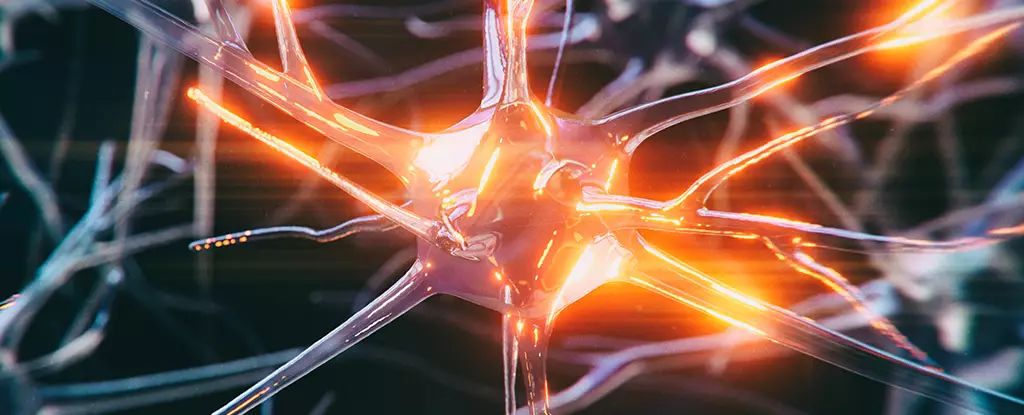Epilepsy affects millions worldwide and remains one of the most prevalent neurological disorders. The recent findings from the largest study ever conducted on the genetic underpinnings of epilepsy shine a light on this complex condition. Through a worldwide collaboration of 40 research groups, researchers have identified specific genes and gene variations that elevate the risk of developing epilepsy. This groundbreaking study not only enhances our understanding of epilepsy but also lays the groundwork for improved diagnosis and treatment strategies.
The prevalence of epilepsy, reported to be between 4 and 10 per 1,000 individuals globally, underscores its significance as a public health concern. Historically, genetic factors have been acknowledged as significant contributors to epilepsy, yet a comprehensive understanding of their influence has been elusive. The researchers involved in this study aimed to bridge that gap by focusing on exomes—critical sections of our DNA that directly code for amino acids, the building blocks of proteins. By employing whole-exome sequencing (WES), they closely examined the genetic material of nearly 21,000 individuals with epilepsy, comparing it to a control group of over 33,000 unaffected individuals.
This meticulous investigation enabled the identification of ultra-rare variants (URVs) that were predominantly present in patients with epilepsy. The connection between these URVs and the disorder suggests a compelling causal relationship, opening the door to a deeper understanding of the underlying mechanisms that contribute to the disorder.
Gene Identification and Their Implications
The research brought to light seven specific genes, three gene sets, and four noteworthy gene variations linked to epilepsy, which serve as vital biomarkers in the search for effective treatments. The implicated genes are primarily involved in essential neuronal signaling pathways, crucial for maintaining the brain’s electrical balance. Disruptions in these pathways can lead to the seizures characteristic of epilepsy.
Moreover, comparisons with other large-scale studies indicated that many of these rare genetic variants not only elevate the risk of epilepsy but are also associated with other neurodevelopmental disorders. This intriguing overlap suggests that a broader understanding of genetic contributions can enhance our knowledge of several related conditions, thereby fostering more holistic approaches to treatment.
The identification of these genetic factors marks a significant leap forward, but it also emphasizes a new direction for future research. The team of researchers is now faced with the task of exploring how these identified genes can be potentially manipulated or targeted through therapeutic interventions. The ultimate goal is to develop strategies that not only alleviate symptoms but also address the root causes of the disorder, potentially preventing disruptions in brain function altogether.
This study’s interactive web portal serves as a valuable resource for ongoing research, enabling scientists to delve deeper into the complexities of epilepsy. By facilitating further analysis and collaboration among researchers, the portal can accelerate advancements in our understanding and treatment of epilepsy.
The monumental strides made in this landmark study underscore the importance of genetic research in unraveling the complexities of epilepsy. With approximately 50 million people worldwide living with this condition, the discovery of specific genetic variants represents a beacon of hope for improved diagnostics and therapeutics. A comprehensive understanding of how these genetic factors contribute to epilepsy not only promises to enhance treatment options but also offers the possibility of prevention, signifying a new era in the management of this challenging neurological disorder. As research continues, the intersection of genetics and epilepsy is set to transform the landscape of neurological health, reminding us that the key to unlocking the mysteries of the human brain lies within our genetic code.


Leave a Reply